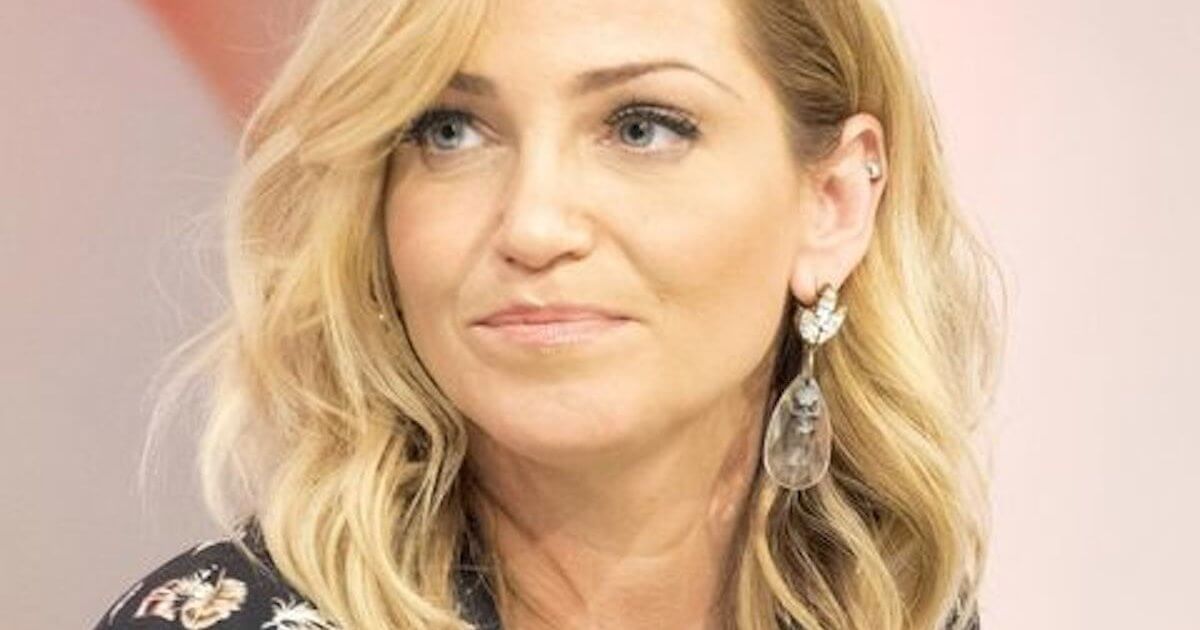Sarah's Breast Cancer Update
- Girls Aloud singer Sarah Harding, 39, is currently fighting metastatic breast cancer.
- In her new memoir, Hear Me Out, the British singer says that her doctor told her last December that the upcoming Christmas would probably be her last one.
- Cancer diagnoses can lead to depression; help is helpful for those who are suffering.
View this post on Instagram
Sarah’s Breast Cancer Battle
Harding went public with her breast cancer diagnosis last summer, sharing with fans on Instagram that she’d been diagnosed with breast cancer earlier in the year. In August, Harding learned that her cancer had metastasized or spread to other parts of her body.
In her book, Harding writes that she had sepsis during her cancer treatment in the hospital, and as a result, she was put into a coma and supported by a ventilator. “Even once I was off the ventilator, I couldn’t speak properly,” she writes. “All I could do was make noises that sounded like a chimpanzee trying to communicate.”
Treatment options for metastatic breast cancer typically include chemotherapy and radiation.
Metastatic Breast Cancer Treatments
Coping with the Emotions of a Cancer Diagnosis
Dealing with a cancer diagnosis can feel overwhelming, particularly if the cancer is at a later stage and treatment options are limited. Dr. Scott Irwin, the director of supportive care services at Cedars-Sinai, says in an earlier interview, “Depression is a really interesting topic because a lot of people assume that, oh, they have cancer. They must be depressed. That’s actually not true. 85% of patients do not get what would be considered a clinical depression. 15% do.”
Dr. Irwin says, “For prescribing medications for depression in the context of cancer, I often try to choose medications with the lowest side effect profile. If patients are getting hormonal therapy, there’s particular antidepressants that we can’t use, because they may lower the effectiveness of that hormonal therapy. And so we choose antidepressants that don’t impact the cancer care. Depression and stress make it harder to treat cancer, make it harder to tolerate the treatments.”
“Actually, there’s data that if you have extra stress or depression that you may not recover or you have a higher risk of recurrence, so that in treating the depression, we’re actually impacting the cancer care outcomes,” he explains.
Treating Depression After a Cancer Diagnosis
Learn more about SurvivorNet's rigorous medical review process.


